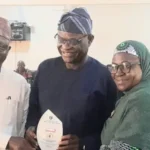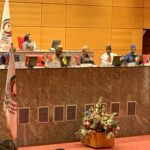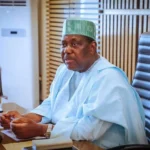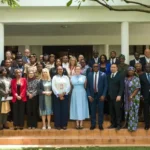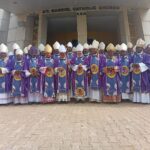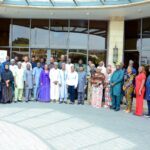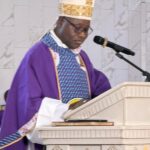COVID-19 recovery, Russia-Ukraine war demand investment in energy industry – Okadigbo
By Emmanuella Anokam The Nigerian National Petroleum Company Limited (NNPC Ltd), says COVID-19 recovery and volatility triggered by Russia-Ukraine war occasioned rapid rise in oil and gas demand as a result of fear of fuel scarcity. The NNPC Ltd said this had necessitated further investment in oil and gas. Sen.Continue Reading


